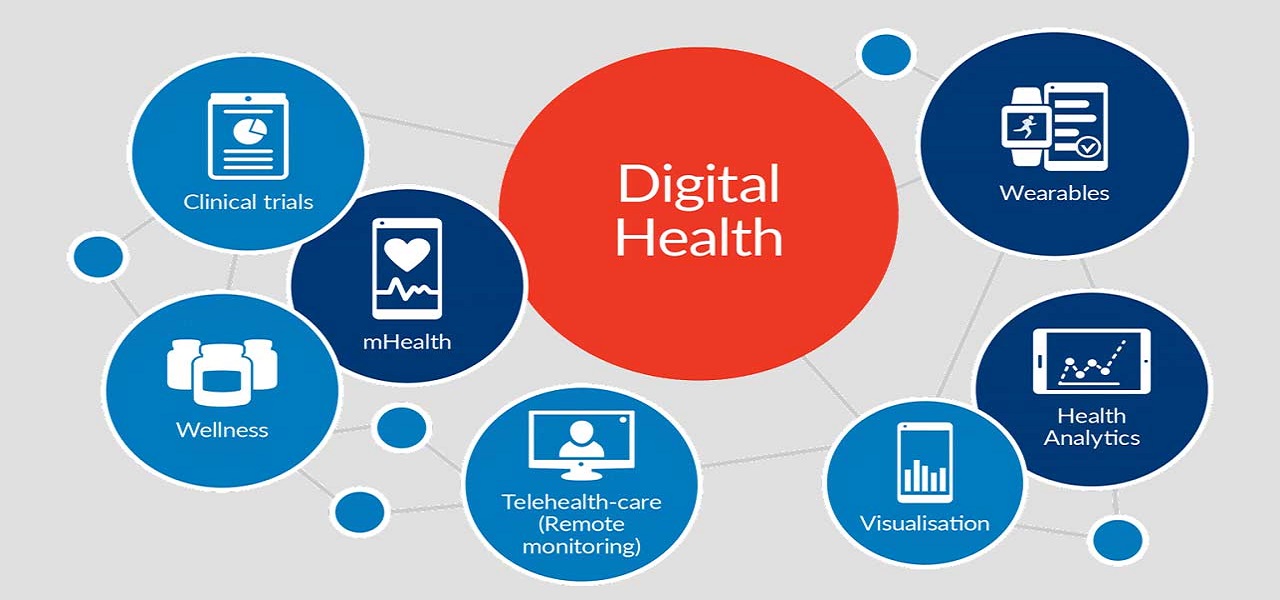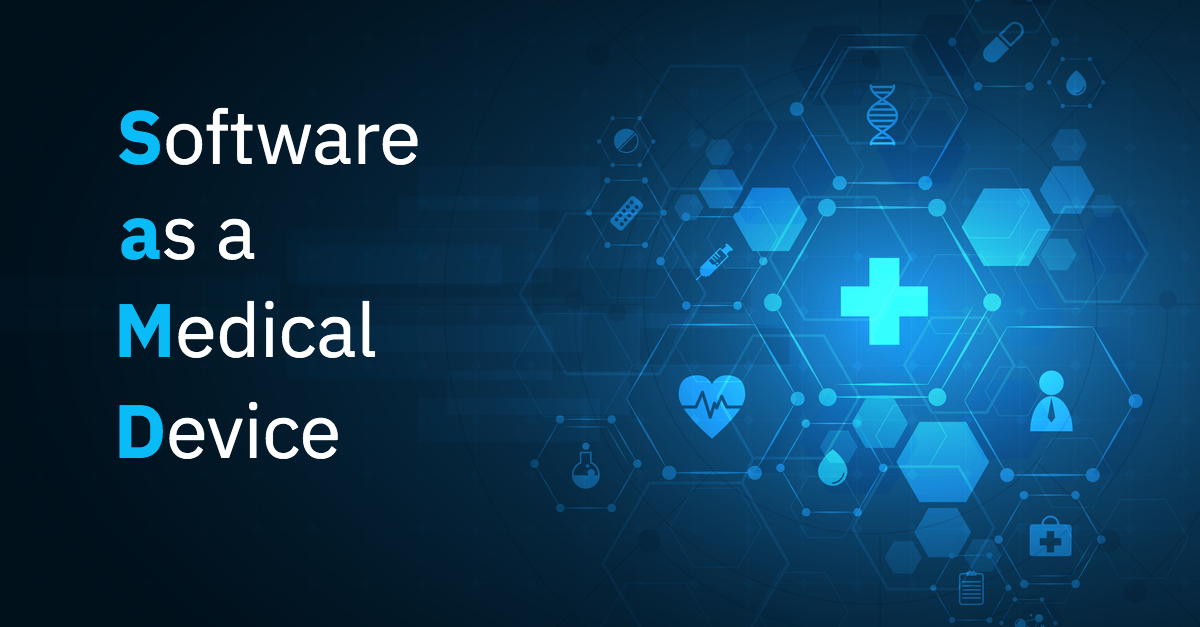Importance of clinical trials in the safety of a Medical device
To ensure the safety and efficacy of Medical devices, regulators expect device manufacturers to provide data that accurately reflect the risk profile of the device.
A clinical investigation is defined as a systematic study on human subjects undertaken to assess the performance or safety of a device. Clinical trials for medical devices are conducted predominantly to identify safety and effective performance of prostheses (artificial body parts); simple adhesive bandages; surgical, monitoring or diagnostic equipments and advanced implanted devices such as pacemakers in prevention, diagnosis or treatment of diseases. The need to conduct clinical trials relies on the class; substantial similarity to approved device is determined and clinical data to support the new device is usually published in medical literature.
Reasons for conducting the clinical trials
a) Evaluating one or more interventions for treating a disease, syndrome, or condition
b) Finding ways to prevent the initial development or recurrence of a disease or condition. These can include medicines, vaccines, or lifestyle changes, among other approaches
c) Examining methods for identifying a condition or the risk factors for that condition
d) Exploring and measuring ways to improve the comfort and quality of life through supportive care for people with a chronic illness
The Medical Device Amendments to the Food, Drug, and Cosmetic Act in 1976 marked the initiation of a risk-based regulatory framework for evaluating medical devices in U.S. Within this framework, the marketing requirements for devices differ based on the risk classification of the product.
Low risk devices are normally exempt from FDA review, but manufacturers are subjected to comply certain safety requirements. Moderate risk devices are generally required to demonstrate that their device is substantially equivalent to another device that is already on the market. In the majority of cases, this can be achieved without providing clinical data. However, for higher-risk and innovative moderate-risk devices, the FDA usually requires manufacturers to provide clinical evidence that ensures the benefits of the device outweigh its risks by means of conducting clinical trials.
During the trial, a sponsor must report the results of an unanticipated adverse device effect to FDA and all reviewing IRBs and investigators within specified timelines. Often, this clinical evidence is critical not only for demonstrating the safety and efficacy of the device, but also for supporting the proper use of the device in the marketed clinical setting.
In May 2017, the European Commission adopted new regulations to reflect the substantial technological and scientific progress that has been made in the medical device sector since the EU harmonized its rules on medical device safety and performance in the 1990s. The two new regulations — the Medical Devices Regulation (MDR) and the In-Vitro Diagnostics Regulation (IVDR) — replace the three previous directives on medical devices. Under the new regulations, both medical devices and in vitro diagnostics are divided into four risk classes, and conformity assessment procedures will vary based on risk. In addition, medium- and high-risk devices will be subject to pre-market authorization by a Notified Body, a significant change from the previous directives.
Practical limitations related to the device or disease condition often make it difficult, or even unethical, to conduct large, double-blind, randomized medical device trials. As a result, device manufacturers may need to develop alternative, more flexible approaches to clinical trial design and statistical analysis. In some cases, manufacturers may want to consider leveraging alternative data sources, such as patient registries or mathematical modeling techniques, for device validation.
KN CONSULTING AND SERVICES is a well-oiled marvel in the field of Medical devices regulatory consulting. We can provide you with flexible and detailed planning and consulting services suiting to your needs.





